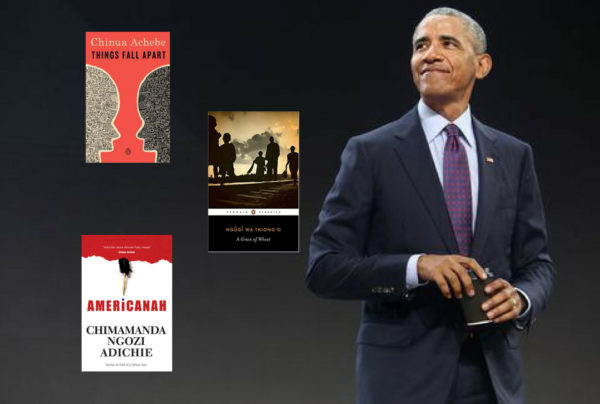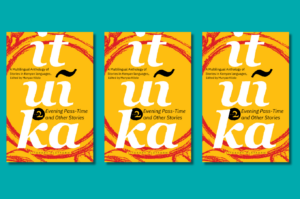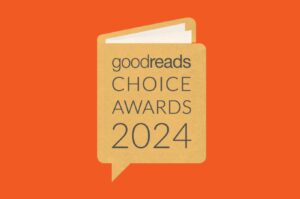
Former US president Barack Obama has listed some of his favourite literature books by Africans ahead of his visit to his father’s country, Kenya. He posted it on Facebook to his 55 million followers, describing it as a summer reading recommendation. Obama, who is known to frequently recommend books, is the author of the memoirs Dreams from My Father and The Audacity of Hope.
Here is his post.
*
This week, I’m traveling to Africa for the first time since I left office – a continent of wonderful diversity, thriving culture, and remarkable stories.
I was proud to visit sub-Saharan Africa more times than any other sitting President, and I’ll return this week to visit Kenya and South Africa. In South Africa, the Obama Foundation will convene 200 extraordinary young leaders from across the continent and I’ll deliver a speech to mark the 100th anniversary of Nelson Mandela’s birth. Kenya, of course, is the Obama ancestral home. I visited for the first time when I was in my twenties and I was profoundly influenced by my experiences – a journey I wrote about in my first book, Dreams from My Father.
Over the years since, I’ve often drawn inspiration from Africa’s extraordinary literary tradition. As I prepare for this trip, I wanted to share a list of books that I’d recommend for summer reading, including some from a number of Africa’s best writers and thinkers – each of whom illuminate our world in powerful and unique ways.
- Things Fall Apart by Chinua Achebe
A true classic of world literature, this novel paints a picture of traditional society wrestling with the arrival of foreign influence, from Christian missionaries to British colonialism. A masterpiece that has inspired generations of writers in Nigeria, across Africa, and around the world.
- A Grain of Wheat by Ngugi wa Thiong’o
A chronicle of the events leading up to Kenya’s independence, and a compelling story of how the transformative events of history weigh on individual lives and relationships.
- Long Walk to Freedom by Nelson Mandela
Mandela’s life was one of the epic stories of the 20th century. This definitive memoir traces the arc of his life from a small village, to his years as a revolutionary, to his long imprisonment, and ultimately his ascension to unifying President, leader, and global icon. Essential reading for anyone who wants to understand history – and then go out and change it.
- Americanah by Chimamanda Ngozi Adichie
From one of the world’s great contemporary writers comes the story of two Nigerians making their way in the U.S. and the UK, raising universal questions of race and belonging, the overseas experience for the African diaspora, and the search for identity and a home.
- The Return by Hisham Matar
A beautifully-written memoir that skillfully balances a graceful guide through Libya’s recent history with the author’s dogged quest to find his father who disappeared in Gaddafi’s prisons.
- The World As It Is by Ben Rhodes
It’s true, Ben does not have African blood running through his veins. But few others so closely see the world through my eyes like he can. Ben’s one of the few who’ve been with me since that first presidential campaign. His memoir is one of the smartest reflections I’ve seen as to how we approached foreign policy, and one of the most compelling stories I’ve seen about what it’s actually like to serve the American people for eight years in the White House.
*
Obama’s list has invited comments for being underwhelming. Given that he is a champion of youth culture, commentators have pointed out the absence of books by young people. Or books by not-already-global-superstar African writers. Or books by Kenyans. It is tough, they say, not to see this as a list of the best-known novels by the three best-known African novelists. While it has also been pointed out that Obama is a politician and lawyer rather than a literary guru, this has been countered by the very fact of Obama being a voracious reader of literature, someone from whom something revealing could be expected.
On an un-critical fantasy level, I looked forward to seeing books that are, well, different from Things Fall Apart, A Grain of Wheat, and Americanah. I imagine how significant it would be to have Yvonne Owuor’s Dust or Binyavanga Wainaina’s One Day I Will Write About This Place, a novel and a memoir about contemporary Kenya. I imagine how it would look to have a fiction book about 21st century Africa that isn’t partly set in America.









COMMENTS -
Reader Interactions